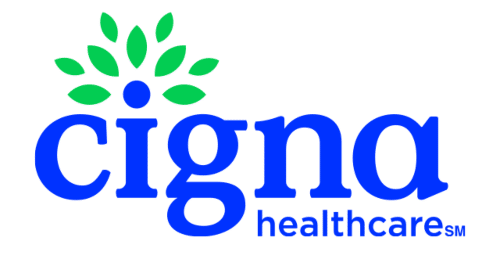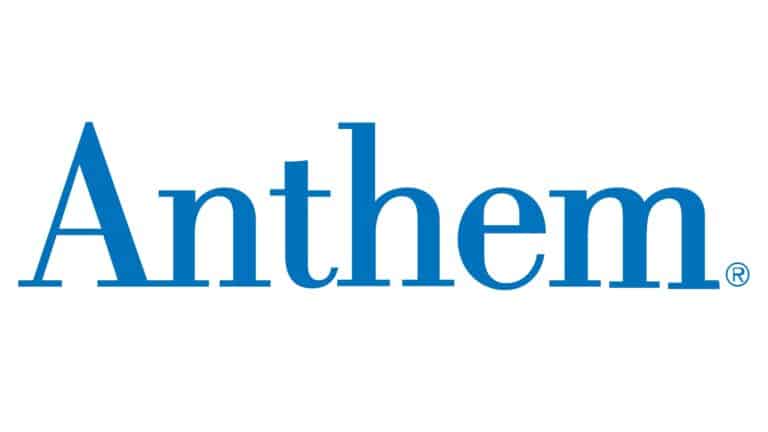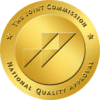Substance use disorders (SUDs) are a major problem among military veterans. According to a report by the Substance Abuse and Mental Health Services Administration (SAMHSA), approximately 10% of veterans in the United States have a SUD. This is significantly higher than the general population, where the prevalence of SUDs is estimated to be around 8%.
The prevalence of SUDs among veterans is particularly high among those who served in combat zones. According to the National Survey on Drug Use and Health, veterans who had been deployed to Iraq or Afghanistan were more likely to report heavy alcohol use, binge drinking, and prescription drug misuse than veterans who had not been deployed.
One reason for the high prevalence of SUDs among veterans is the physical and emotional trauma associated with military service. Many veterans experience chronic pain, traumatic brain injuries, and post-traumatic stress disorder (PTSD), which can increase the risk of substance use as a means of coping.
Another factor contributing to the high prevalence of SUDs among veterans is the culture of the military, which often normalizes heavy drinking and drug use. The military also has a strict hierarchical structure that can make it difficult for service members to seek help for substance abuse or mental health issues without fear of stigma or repercussions.
Effective treatment options for SUDs among veterans are critical in order to improve outcomes and reduce the risk of relapse. Veterans who seek treatment for SUDs are more likely to be successful in maintaining sobriety than those who do not.
One effective treatment option for SUDs among veterans is medication-assisted treatment (MAT). MAT combines medication with counseling and behavioral therapies to provide a comprehensive approach to treatment. Medications such as methadone and buprenorphine can be effective in treating opioid addiction, while naltrexone can be used to reduce alcohol cravings.
Another effective treatment option for SUDs among veterans is cognitive-behavioral therapy (CBT). CBT focuses on changing patterns of behavior and thought that contribute to addiction. It can be particularly effective in addressing co-occurring mental health conditions such as PTSD.
Peer support groups such as Alcoholics Anonymous (AA) and Narcotics Anonymous (NA) can also be effective in helping veterans maintain sobriety. These groups provide a supportive environment where veterans can connect with others who have had similar experiences and share their struggles and successes.
In addition to these traditional treatment options, alternative therapies such as equine therapy and mindfulness practices can be effective in supporting veterans in sobriety. Equine therapy involves working with horses and can help veterans develop trust, self-awareness, and communication skills. Mindfulness practices such as meditation and yoga can help veterans manage stress and anxiety and improve overall well-being.
Despite the availability of effective treatment options, many veterans still face barriers to accessing care. These barriers can include a lack of resources, difficulty navigating the healthcare system, and stigma surrounding mental health and substance abuse.
To address these barriers, there has been a push to improve access to care for veterans with SUDs. The Department of Veterans Affairs (VA) has implemented programs to increase screening and treatment for SUDs, including the Veterans Affairs Substance Use Disorder Program and the VA Opioid Safety Initiative.
In addition, there have been efforts to increase awareness of the unique challenges faced by veterans with SUDs and to reduce the stigma associated with seeking help for addiction. Community outreach and education can play a critical role in raising awareness and improving access to care for veterans in need.
In conclusion, the prevalence of SUDs among veterans is a major public health concern, and effective treatment options are critical to improving outcomes and reducing the risk of relapse. Medication-assisted treatment, cognitive-behavioral therapy, peer support groups, and alternative therapies can all
















